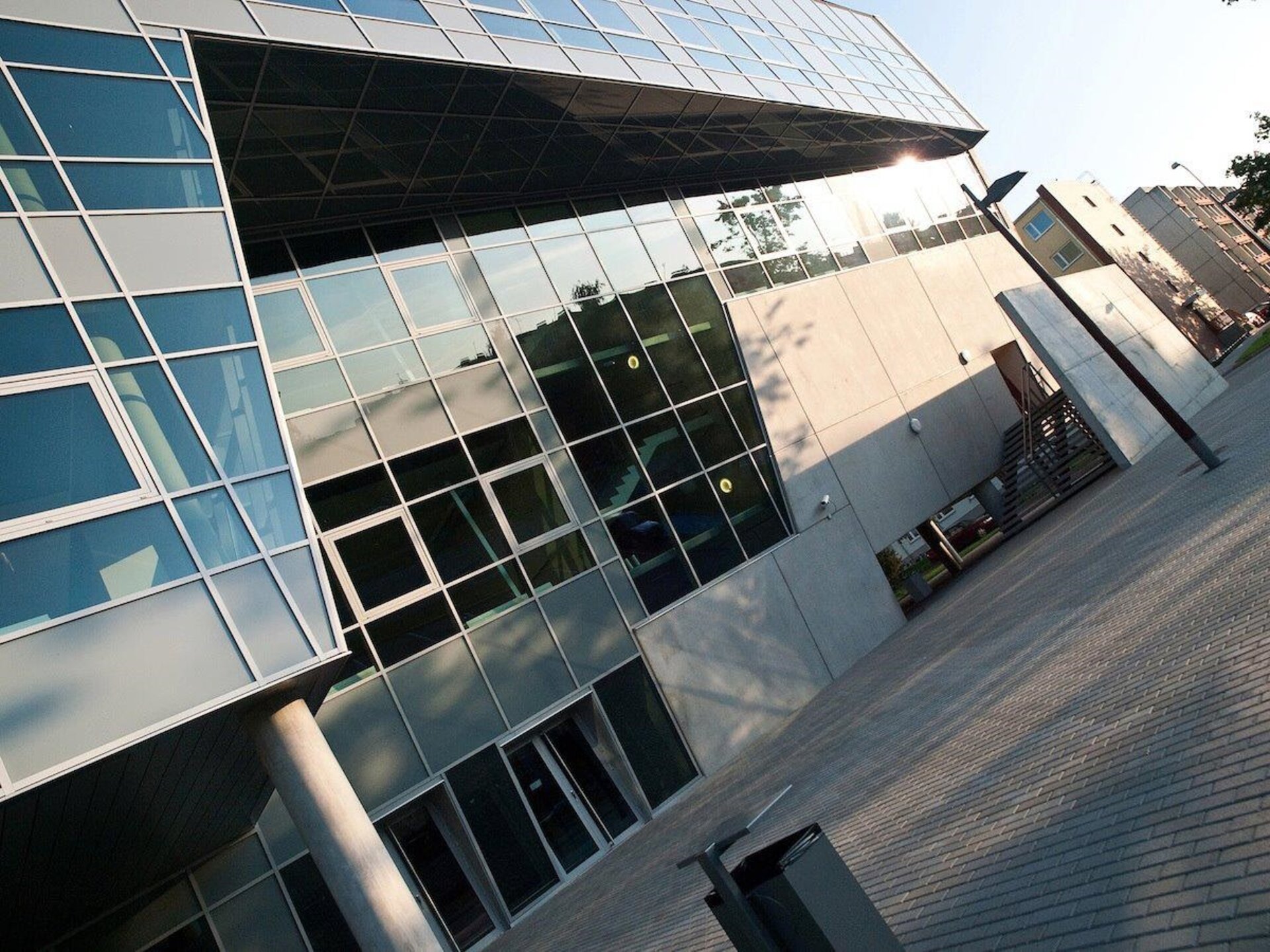ECSL NPoC in Estonia - The Institute of Law at Tallinn University of Technology
The ECSL is very pleased to announce the Institute of Law at Tallinn University of Technology (TalTech) as the National Point of Contact (NPoC) of the ECSL in Estonia. We look forward to productive collaborations in promoting space law and policy in Estonia, raising awareness in the ECSL community as to what Estonia is doing in space and having Estonian students and professionals join ECSL activities.
The initiative came from Adjunct Professor Katrin Nyman Metcalf, who is the current Chairman of the International Relations Committee (IRC) of the European Space Agency and previously represented Estonia in the same committee. She was instrumental in getting TalTech to take care of one day of the 2018 ECSL Summer School, otherwise held in Helsinki. However, the interest in TalTech for space law is not at all only due to having a space law expert among the Faculty. Actually, the different ways space law comes into the studies and research at TalTech is a good illustration to the importance of space law today.
At TalTech Institute of Law, there are two main ways in which we get into contact with space law. First, TalTech is currently preparing for the launch of a cubesat. This will be the second Estonian satellite – the first one was launched in May 2013 and mainly prepared by Tartu University. The TalTech team contacted the Institute of Law at different times during the work on the satellite. First, quite in the beginning of the development process, to find out about general legal requirements including frequency issues. At this time, the questions were mainly of “real” space law plus communications law. Secondly, once the work had progressed there was the need for different types of agreements, like a launch agreement. Again, the Institute was contacted and this time the legal maters were more linked to contract law, dispute resolution, jurisdiction and other “basic” legal questions. This serves to illustrate how today, with a lot of varied activities in space, carried out by a multitude of different actors, the legal situation of outer space is no longer something very exotic but general legal questions are of importance.
The second way in which we come into contact with space law is that our emphasis is on studies of law and technology. This means issues where law and technology meet, which includes intellectual property, communications law, data protection, ethics of technology and so on. The issues are many and varied, and in fact they change and increase all the time. The new technology environment means lawyers have to work in new ways: much more interdisciplinary, globalised and without clear borders between for example private and public sector, military and civilian technologies, domestic and international issues and so on. Space fits very well into this general picture, especially due to its role as an enabling technology. We have had several students over the years who have been interested in writing Master or Bachelor theses on space law, for example on data protection aspects of remote sensing or on rule-making (soft-law or hard law) for space debris. We expect more such issues to arise and more students to be interested.
Finally, to focus also outside of the university: Estonia is a recent space nation, with the first satellite launched five years ago and membership of ESA dates to 2015. We do not have a national space law yet, but discussions are ongoing about this. During its EU presidency in the second half of 2017, Estonian organised a space week – as it so happened, that at the same time Estonia was also chairing the European Interparliamentary Space Conference. Many activities were held very successfully and an interest in space could be seen among different sectors of society. There are also other links: the EU Committee of the Regions rapporteur on space issues for the past couple of years is an Estonian. So to conclude, there is potential to do more also on space law and the membership of ECSL gives us the contacts and the platform to do such work. The Institute of Law at TalTech, with its strong profile in law and technology and close contacts with technical space enthusiasts and others is the appropriate partner in Estonia for space law.


